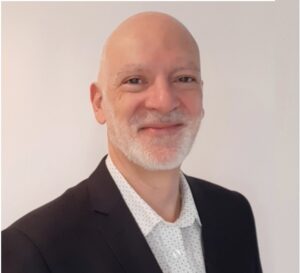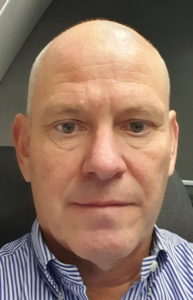Currently, there is no doubt that biologic drugs stand for a real revolution in the global therapeutic market. According to the most recent data from the Antibody Society, there are 113 mAbs already approved by the FDA, 22 in review, and close to 600 in clinical trials. With more than 70% biologics in the top ten pharma drugs by sales and a global therapeutic monoclonal antibody market revenue forecast of $300 billion by 2025, the discovery of new biologic drugs, and especially new antibody formats, is the highest priority in major pharma and biotech companies. One of the main drivers of these trends imply the evolution from conventional naked whole length antibodies to the engineering of new antibody fragments, formats, conjugates, bi- and multispecifics, CAR-T cells, etc., and new biologic production processes. The session will address and review some of the front-edge technologies and approaches that are being currently used by the industry, academia, and at the clinical level, with leading experts in this exciting therapeutic area.

In the quest for new therapeutics most companies follow the traditional drug discovery/development path (target identification/validation, drug design/screening/optimization, efficacy testing, Tox/PK/biodistribution analysis, etc). However, interrogating potent immune systems that have already proved to control certain diseases, could imply a paradigm shift in drug discovery. By harnessing these elite immune systems, the identification of new therapeutics might be expedited

Immunotherapy is revolutionizing cancer treatment and has revitalized the field of tumor immunology. Several types of cancer immunotherapy strategies aimed at inducing de novo anti-tumor responses, reactivating pre-existing endogenous T-cell repertoires or generating artificial tumor-reactive T-cells are allowing to achieve long-lasting clinical responses in patients with several types of haematological or solid tumors.

Based on practical experience through more than 30 years in the antibody field starting with laboratory work through clinical development and securing regulatory approval for several antibodies some lead findings will be presented.
This will include recommended manufacturing strategies and clinical development indication prioritization and the impact of these on potential financing options.
The changed paradigm for what can be done in house and what can be outsourced today will be discussed and cost considerations for running an antibody development program will be presented.
FUNDACIÓN CENTRO DE EXCELENCIA EN INVESTIGACIÓN DE MEDICAMENTOS INNOVADORES EN ANDALUCÍA
AVENIDA DEL CONOCIMIENTO 34, 18016 ARMILLA
CIF G18889444
This website uses cookies to improve your experience. We'll assume you're ok with this, but you can opt-out if you wish. Read More